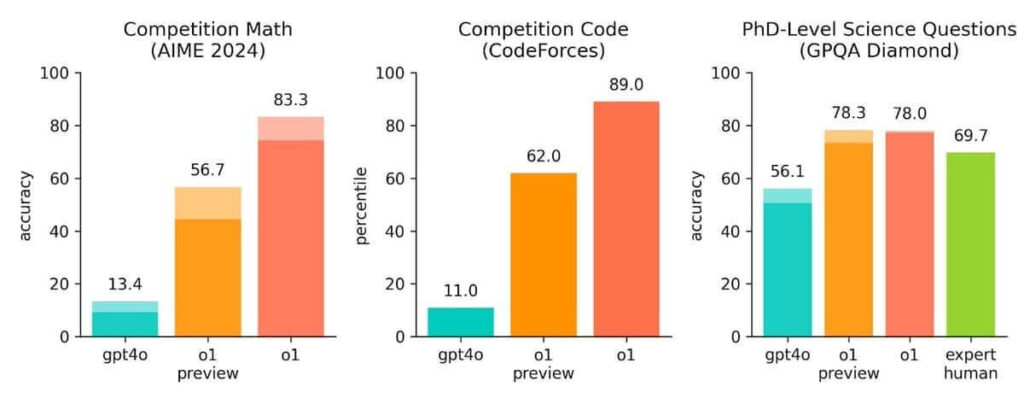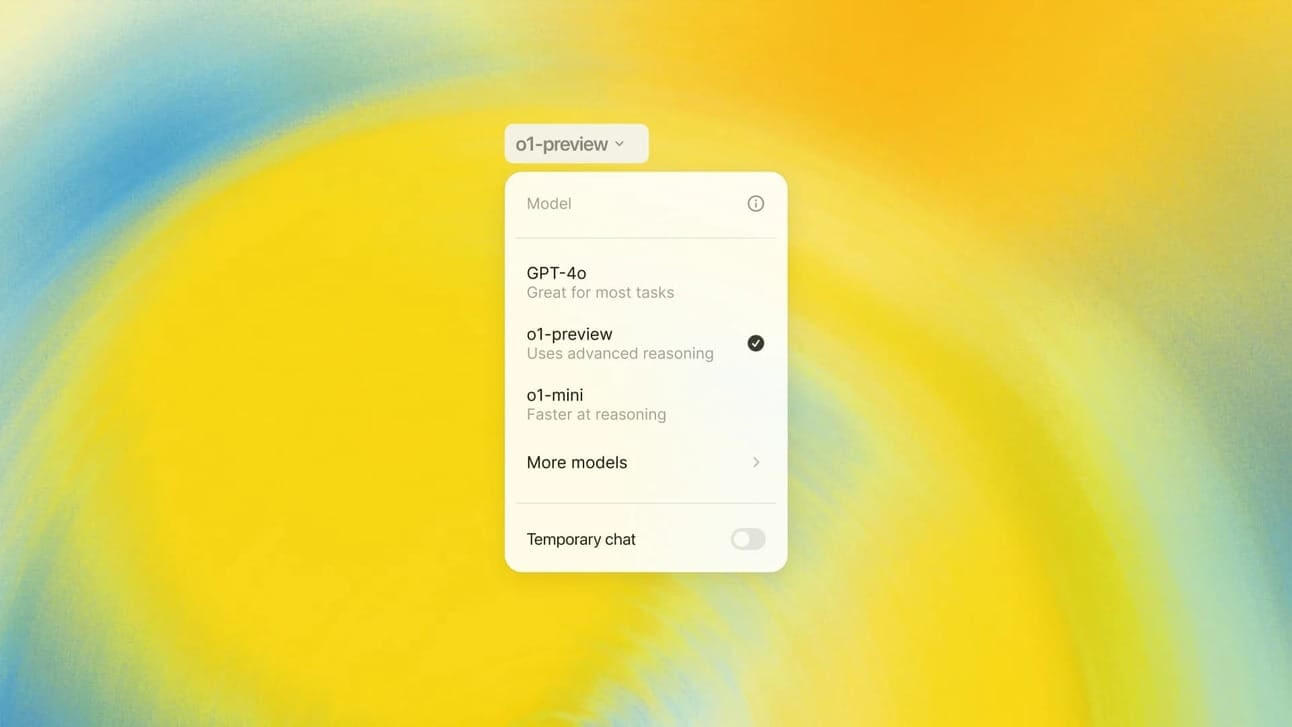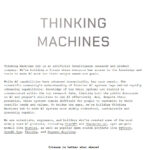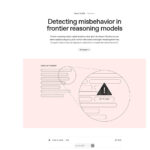The world of Artificial Intelligence enters a new chapter with the launch of OpenAI o1-preview. This series of AI models is designed to use extended thinking time to tackle complex tasks and problems in areas such as science, programming and math.
Update 18.09.2024: The limits are now 50 queries per week for o1-preview and 50 queries per day for o1-mini.


OpenAI has introduced an impressive capability for advanced problem solving with the o1-preview model. The models are trained to think through problems in a similar way to humans, test different strategies and recognize errors. The o1-preview models perform particularly well in STEM (science, technology, engineering and mathematics) subjects, reaching the 89th percentile in Codeforces competitions and performing at levels comparable to PhD students in benchmark tasks in physics, chemistry and biology.
The models’ safety and alignment standards were developed using a new training method that utilizes their advanced thinking skills to better meet safety guidelines. These safety measures were backed up by a detailed system map and external risk assessments.
For ChatGPT Plus and Teams users, the models are available immediately but are subject to a weekly message limit. ChatGPT Enterprise and Edu users will have access from next week. Developers using the API can start prototyping the o1 models today. OpenAI also plans to make the o1-mini available to all free users.
The continuous improvement of the o1 models and the planned feature enhancements such as browsing and file and image uploads promise continuous optimization and expansion of the possible uses of these AI models.
Summary
- Advanced problem solving: OpenAI o1-preview models think like humans, test strategies and recognize errors.
- Outstanding performance: Highly successful in math, programming and science.
- Security enhancements: New training methods for improved security and alignment standards.
- Availability: Instant access for specific user groups, API prototyping for developers.
- Future developments: Regular updates and new features such as browsing and uploads.
Sources: OpenAI







